Shuqi He
RW-NSGCN: A Robust Approach to Structural Attacks via Negative Sampling
Aug 13, 2024
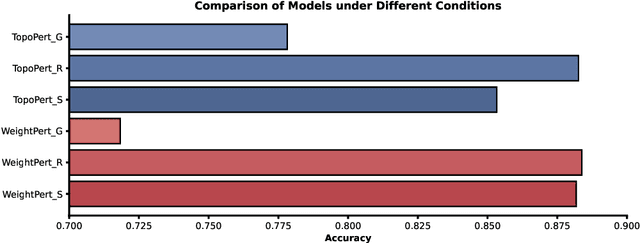
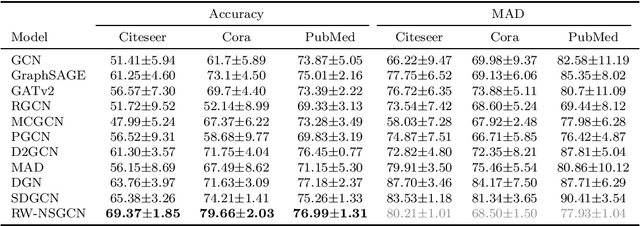
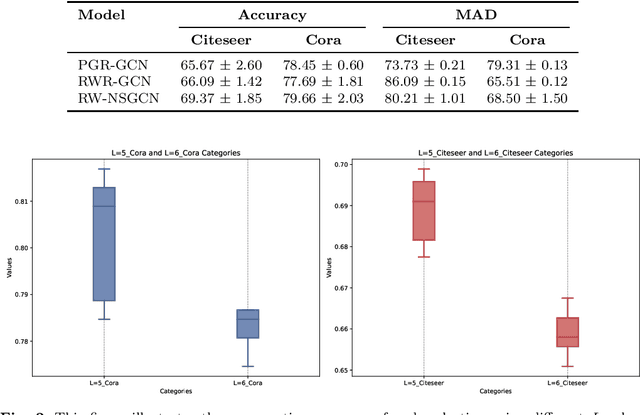
Abstract:Node classification using Graph Neural Networks (GNNs) has been widely applied in various practical scenarios, such as predicting user interests and detecting communities in social networks. However, recent studies have shown that graph-structured networks often contain potential noise and attacks, in the form of topological perturbations and weight disturbances, which can lead to decreased classification performance in GNNs. To improve the robustness of the model, we propose a novel method: Random Walk Negative Sampling Graph Convolutional Network (RW-NSGCN). Specifically, RW-NSGCN integrates the Random Walk with Restart (RWR) and PageRank (PGR) algorithms for negative sampling and employs a Determinantal Point Process (DPP)-based GCN for convolution operations. RWR leverages both global and local information to manage noise and local variations, while PGR assesses node importance to stabilize the topological structure. The DPP-based GCN ensures diversity among negative samples and aggregates their features to produce robust node embeddings, thereby improving classification performance. Experimental results demonstrate that the RW-NSGCN model effectively addresses network topology attacks and weight instability, increasing the accuracy of anomaly detection and overall stability. In terms of classification accuracy, RW-NSGCN significantly outperforms existing methods, showing greater resilience across various scenarios and effectively mitigating the impact of such vulnerabilities.
Enhancing the Resilience of Graph Neural Networks to Topological Perturbations in Sparse Graphs
Jun 05, 2024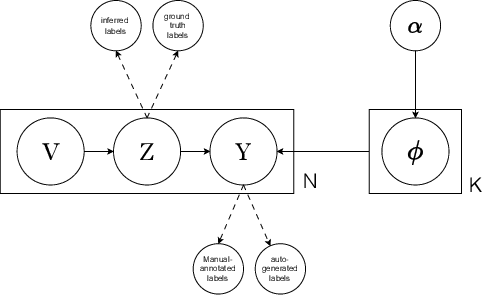

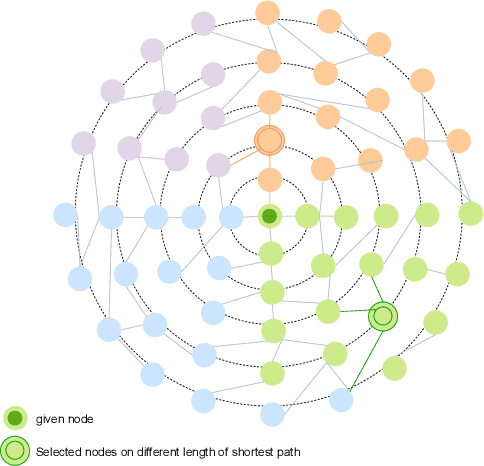
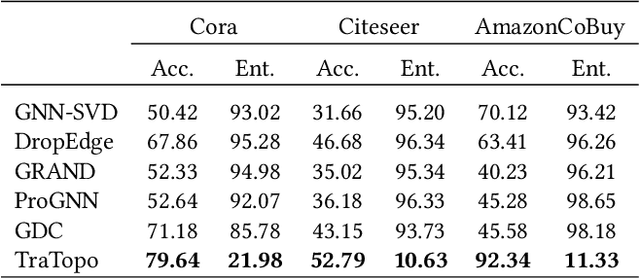
Abstract:Graph neural networks (GNNs) have been extensively employed in node classification. Nevertheless, recent studies indicate that GNNs are vulnerable to topological perturbations, such as adversarial attacks and edge disruptions. Considerable efforts have been devoted to mitigating these challenges. For example, pioneering Bayesian methodologies, including GraphSS and LlnDT, incorporate Bayesian label transitions and topology-based label sampling to strengthen the robustness of GNNs. However, GraphSS is hindered by slow convergence, while LlnDT faces challenges in sparse graphs. To overcome these limitations, we propose a novel label inference framework, TraTopo, which combines topology-driven label propagation, Bayesian label transitions, and link analysis via random walks. TraTopo significantly surpasses its predecessors on sparse graphs by utilizing random walk sampling, specifically targeting isolated nodes for link prediction, thus enhancing its effectiveness in topological sampling contexts. Additionally, TraTopo employs a shortest-path strategy to refine link prediction, thereby reducing predictive overhead and improving label inference accuracy. Empirical evaluations highlight TraTopo's superiority in node classification, significantly exceeding contemporary GCN models in accuracy.
 Add to Chrome
Add to Chrome Add to Firefox
Add to Firefox Add to Edge
Add to Edge